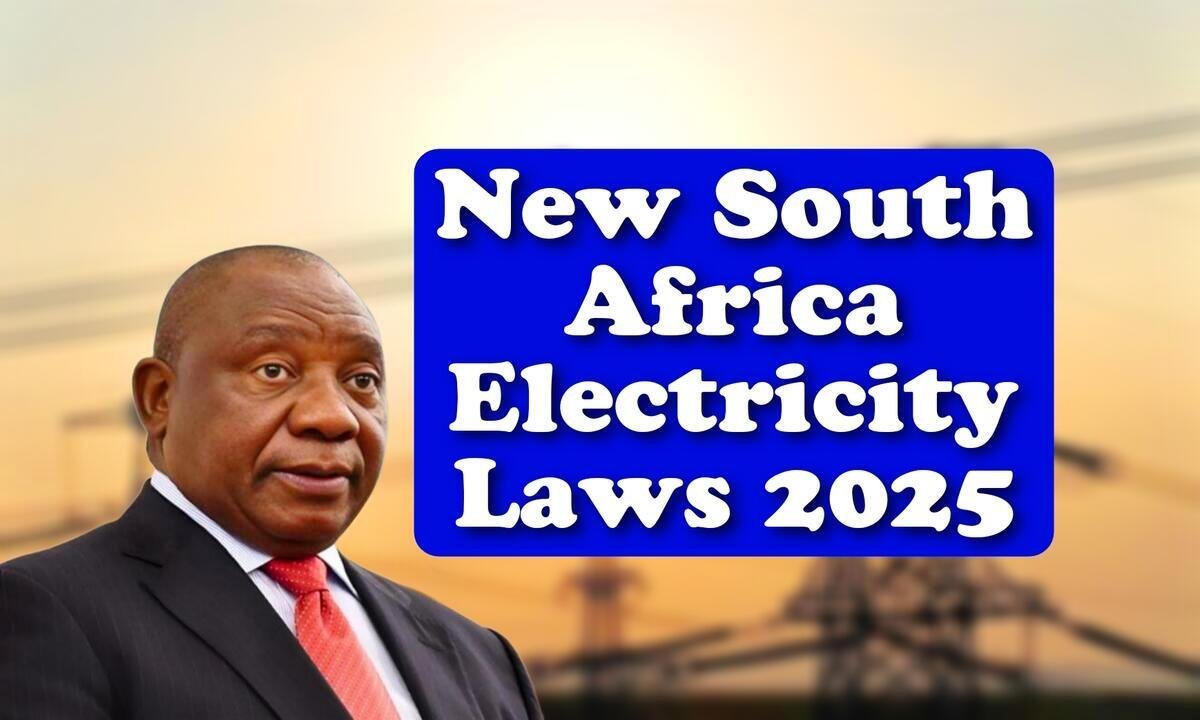South Africa Electricity Laws 2025 : South Africa’s energy sector is on the threshold of a great transformation with the impending application of the electricity laws in 2025. These changes seek to improve energy security by taking away the dependence on a single supplier, giving households and businesses more reliable access to electricity. Because load shedding is still a fear, it makes sense that these latest developments would significantly influence the ways electrical energy is generated, distributed, and priced.
What Are The Things Rollin Through In 2025?
The new laws would be introducing these important reforms:
- unbundling Eskom : The state-owned power utility is to be separated into generation, transmission, and distribution entities. This would ensure transparency and enable competition creation in the energy market.
- IPPs : These laws will allow greater access for private companies to the grid so that these renewable energy providers solar and wind artisans alike can supply electricity directly unto industries and homes.
- Licensing and Regulation : The rules governing smaller-scale electricity generation have been simplified. Any homeowner or business that generates solar power will now run into fewer bureaucratic difficulties should they wish to feed any excess energy back into the grid.
- Adjustments to Tariffs : The entire pricing structure is up for revision to allow electricity to be fairly costed, including some relief for a few low-income households.
How Will It Affect Regular Citizens?
For the average South African, the electricity-law changes in 2025 may mean:
- A more reliable power supply, with the introduction of renewables to the energy mix.
- Possibility to save by installing solar panels and feeding excess energy into the grid.
- Better-priced sitting services, likely with a subsidy for vulnerable households.
- Less load-shedding, as there will be independent producers supplying power during peak time demand.
Opportunities For Businesses
A very good opportunity for the small- and medium-size businesses arises. Easier licensing makes it possible for businesses to generate their energy and even sell excess power. This reduces dependence on Eskom, contributes to energy stability, and is vital for economic development.
Why These Reforms Matter
South Africa has long been facing high electricity costs, power shortages, and rolling blackouts. Those laws on electricity of 2025 are a major effort toward fixing these issues. The country would thereby be any closer to long-term energy stability and sustainability through the opening of the market and encouraging investments in renewables.
Also Read: Unemployed Citizens Relief Fund 2025 – Who Qualifies And How To Apply
